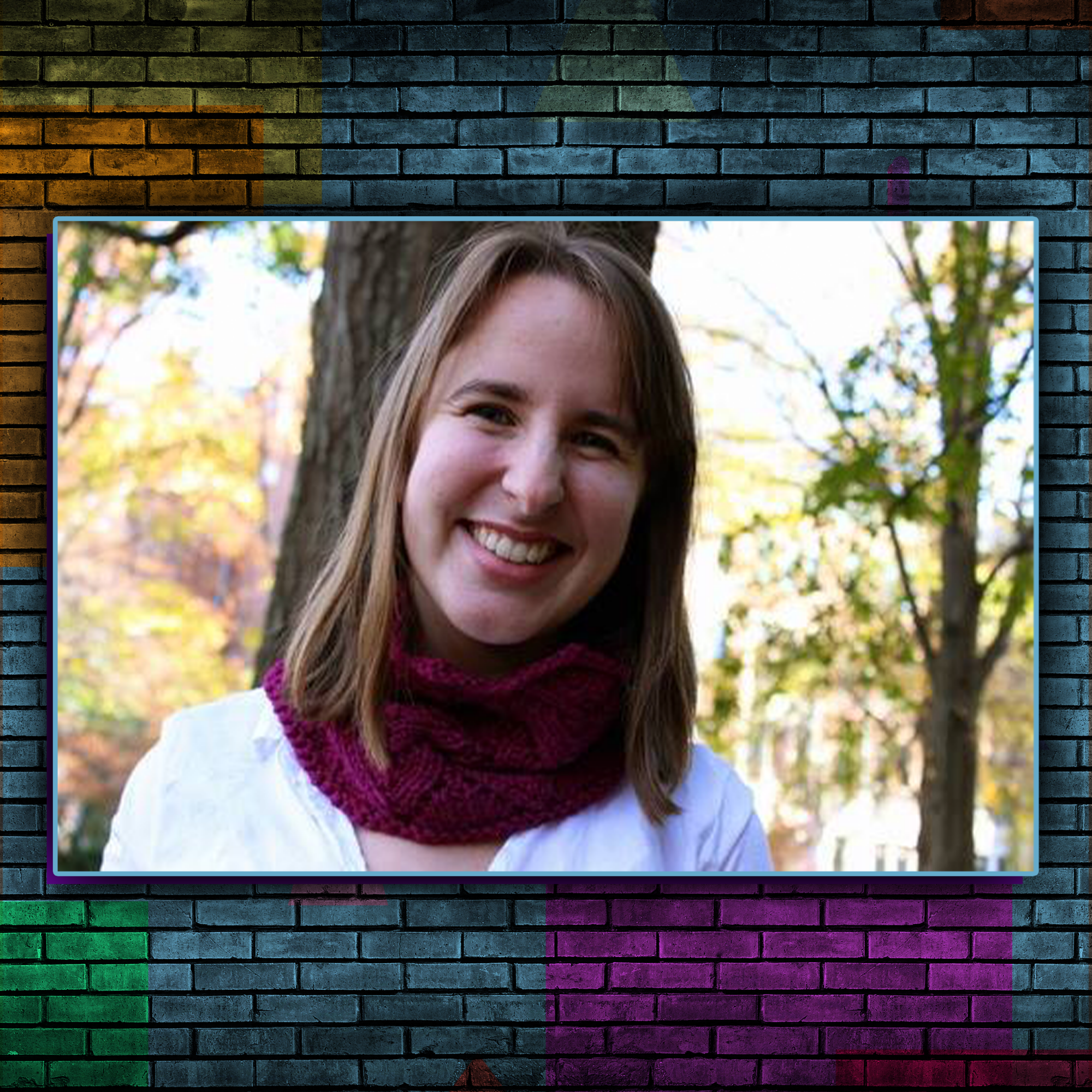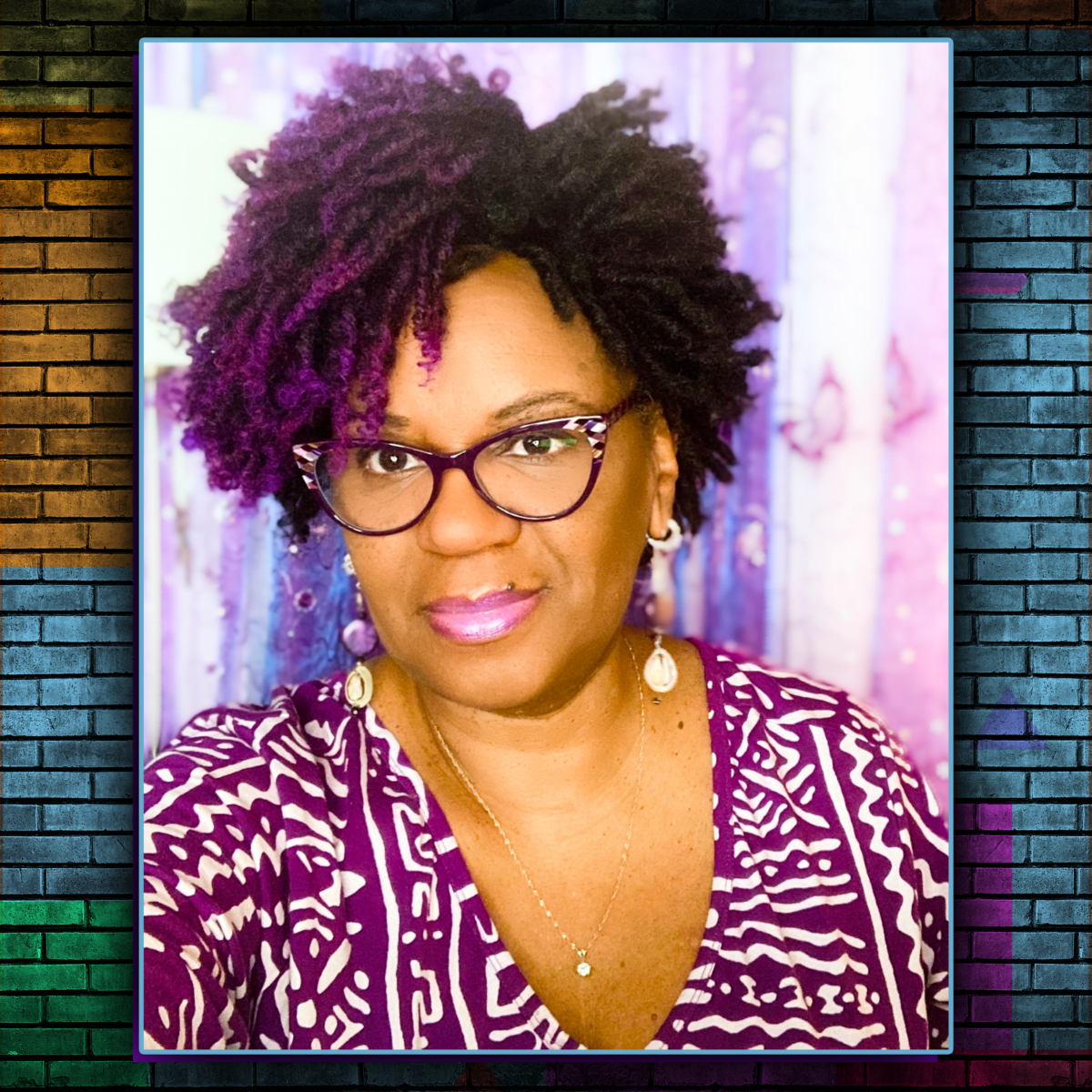Time Stands, and Lies, Still on Holy Saturday
Psalm 31:1-4, 15-16
How many days, months, years did it feel like for Jesus as He lay in the tomb?
How many years older are all of us since last March?
How devastatingly alone and hopeless did He feel?
How much longer will we feel alone and deeply disconnected from one another?
Was it encouraging for Him to remember Psalm 31 and think, “My times are in Your hand”?
Does time even matter anymore?
Where is God’s hand right now?
Do we want to stretch ours out?
Can we accept the chance to let go of the control we try to grasp?
The sense of time warp that many of us have felt since last year is not new to me. I have been living with a stretched and strange experience of time for more than half my life. I have lived with a different definition of it ever since I began feeling symptoms that were, at first, looked at piecemeal but eventually looked at as a whole and labeled “fibromyalgia” and “bipolar disorder type II” more than six years after they began.
I am not unfamiliar with the sense of time dragging or speeding with tides that are unpredictable and bring with them alternately hope, grief, malaise, and most everything else under the sun. They are entangled together; they do not arrive one by one.
My body and mind are both my precious home and my worst enemy. They are beautiful and yet teeming with levels of pain, fatigue, and mood fluctuations that make my life, my times, difficult to predict. Though I have learned to give myself compassion over the years, I am not always gentle with my body and mind. I fight them, but I sometimes lose. I have days when I can live exactly the kind of productive, successful, adventurous, fast-paced life I expected before I got sick; I have days when I can barely turn on the lights and I sleep much of the day away.
My times are in Your hand.
I am far from the only disabled person whose definition of time is different from non-disabled people. It has a name: “Crip time.” As Alison Kafer wrote in Feminist Queer Crip, “Crip time is flex time not just expanded but exploded; it requires reimaging our notions of what can and should happen in time…” Ellen Samuels wrote, “Crip time is grief time. It is a time of loss… Crip time is broken time. It requires us to break in our bodies and minds to new rhythms, new patterns of thinking and feeling and moving through the world.”
Crip time, it seems, is not just for disabled folks and the ones who love them anymore; it’s for every single person during the pandemic who is paying attention to their body, mind, and soul. None of us are living in regular time anymore. We are living in times when we sometimes truly have no idea what day it is. We are indeed trying to break into new patterns of moving through the world while also fighting against the feeling of getting used to it here because this is not normal, and this is harrowing.
Even once the world moves back to regular time, there will be more people than ever living in crip time because some who have survived Covid are not who they were before they got infected. They are living with at-times devastating symptoms that lasted far longer than anyone could have expected. They no longer recognize their bodies and minds. They have become unfamiliar. Infuriating. Needy, requiring dialysis; portable oxygen; an organ transplant; a home health aid; help from loved ones; an entire reframing of life as they knew it. Time has expanded and exploded.
Though I haven’t had Covid, as a disabled hospital chaplain, I know what it is to enter into an unfamiliar state, a body and mind that no longer match what I knew, expected, or wanted. One of my most treasured roles is to welcome my patients into crip time, to invite them to see their bodies as still loveable, their lives still bearing possibility, no matter how many or few days they have left. I hold their hands and pray that they feel God’s hands on top of mine.
Maybe Holy Saturday is liturgical crip time. Time stands, and lies, still on this day.
On a day when the bright and wildly necessary hope of salvation and healing of a broken world seemed to be ripped away, something was still brewing underground.
The harrowing of hell was underway.
The prison doors were being flung wide open.
What once was seen as utterly irreconcilable was being brought close.
And yet I imagine that it was also a nightmare of a day for Jesus, one that felt like years.
I don’t know if Jesus felt His Father’s hand on His while He was down there, but somehow, His times were still in His Father’s hands on Holy Saturday. So were the times of those who were above ground and utterly bereft, thinking that everything beautiful, their flicker and spark of hope, had just been extinguished.
When the Son of God re-emerged, leaving the tomb empty, showing us that the healing of the world is possible – and certain in the end – He came back with scarred hands. He chose not to heal those wounds. He easily could have done that, but He chose to bear them. Jesus’ hands are powerful enough to tear the dividing wall of hostility down, yet gentle enough to touch people who had been considered untouchable; assure His friend Thomas, traumatized after His death, that He was who He said He was; and hold our hands, even on this day. These hands are the ones that counter our enemies’ hands in Psalm 31 and in life. They are the ones that hold us fast and keep us from falling into darkness forever. The enemy’s hand bears Covid particles; God’s hand bears scars that remind us of some of the most important days in history. These scars are lasting reminders of the day that hope died; the day that time stood, and lay, still; the day that hope re-emerged stronger and gentler than ever. The enemy’s hand seems permanent right now, but God’s actually is.
God’s hand is holding a vaccine vial, grabbing intubation tools, restocking shelves, delivering take-out and groceries, examining a sample in a lab, disinfecting surfaces, giving air hugs from six feet away, writing “thank you” cards, driving ambulances, taking care of the sick in hospitals and at home, picking up the phone to keep connected, scribbling class notes, helping with homework…
And holding us closely, lovingly, and telling us to heed our bodies’ and minds’ desperate need for rest. To slow down. To not do everything. To let ourselves be loved and cared for. To wait without needing to know every answer.
So let us, on this Holy Saturday, enter into a day of liturgical crip time, where we wait in uncertain expectation for a most certain hope.
Our times are in Your hand.

Emmie Arnold (she/her/hers) is a proud disabled woman, a chaplain for Northwell Health, a graduate of Princeton Theological Seminary, and a candidate for ordination in the PC(USA). She enjoys cooking, baking, reading, writing, watching too much television, playing and listening to music, exploring beautiful places, and spending time with family and friends in safe and creative ways during the pandemic.



Unbound Social